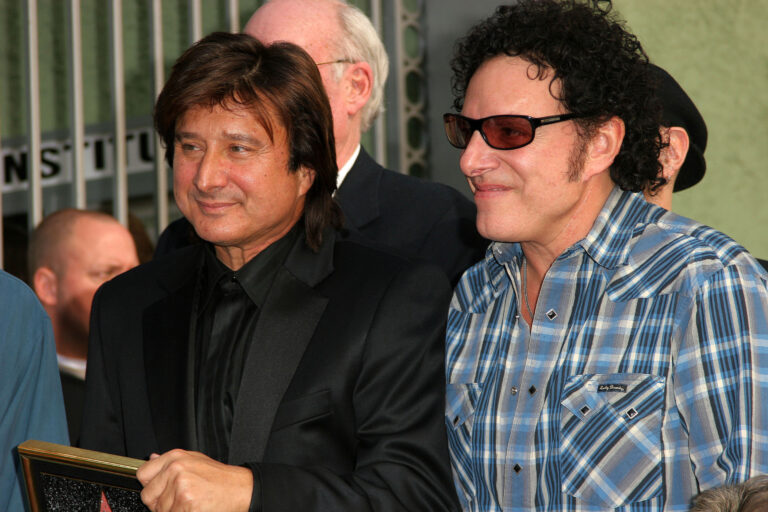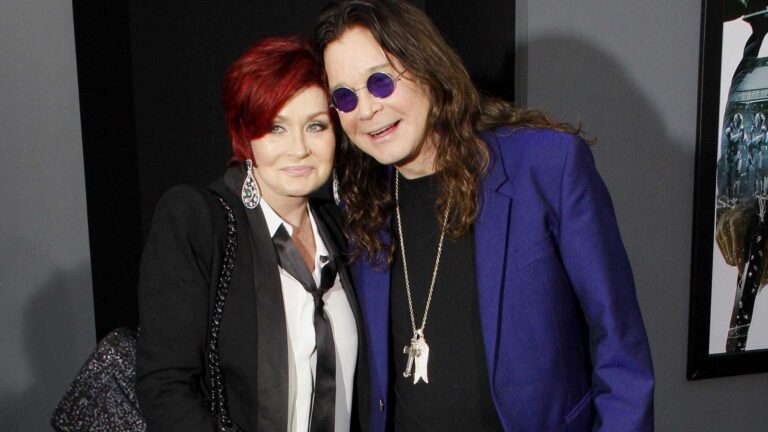
Former NCT Member Taeil Found Guilty of Rape, Sentenced to 3+ Years

The K-pop scene has recently been jolted by a significant legal case involving former NCT member, Taeil. The 31-year-old singer, whose real name is Moon Tae-il, has been sentenced to three and a half years in prison for his involvement in a sexual assault case. Alongside two other men, Taeil was charged with the rape of a Chinese tourist in Seoul, South Korea, in June 2024. The court documents revealed that the victim was heavily intoxicated at the time of the assault, which was orchestrated after meeting the group at a bar in the Itaewon district.
Taeil’s case has drawn substantial media attention and public criticism, particularly regarding the perceived leniency of the sentence. Prosecutors had initially sought a seven-year sentence for what was described as “special quasi-rape” due to its aggravated nature involving multiple perpetrators. However, the judicial decision was to grant a reduced sentence on account of the defendants being first-time offenders. This decision, as reported, requires the men to also undergo 40 hours of a sexual violence treatment program, a move aimed at rehabilitation.
The legal repercussions for Taeil extend beyond the prison sentence. His association with NCT ended in August 2024 when SM Entertainment, the group’s label, decided to sever ties. This decision was made shortly after allegations of sexual misconduct were confirmed, despite no details being publicly shared at the time. SM Entertainment issued a statement acknowledging the gravity of the situation and the decision to remove Taeil from the group, citing a breach of values.
Public sentiment in South Korea and abroad reflects concerns over how celebrity status can influence judicial outcomes. Some critiques have accused the court of being overly lenient. This sentiment resonates with past incidents involving K-pop stars, wherein legal outcomes seemed to waver, leading to debates about accountability and privilege within the entertainment industry. The societal backlash underscores a growing divide between legal precedents and public perception, particularly concerning cases involving assault and celebrities.
NCT, along with its sub-unit groups, had been one of the flagship acts of the K-pop genre, propelling SM Entertainment into the global spotlight. However, following the controversy, the group has not released new music, suggesting both a strategic pause from the agency and potential recovery from disruptions caused by Taeil’s legal issues. The void left in the group by Taeil’s departure has underscored the intricate ties between scandal and brand management in the entertainment sector.
The sentencing of Taeil comes as K-pop faces broader scrutiny, with fans and industry stakeholders calling for higher ethical standards. The trajectory of Taeil’s case mirrors larger societal questions about justice and celebrity, probing how the entertainment sector must evolve. As South Korea's cultural exports, particularly K-pop, continue to dominate global stages, tackling these ethical challenges becomes essential not just for maintaining international acclaim but also for instilling trust amongst the fandoms driving the industry's success.
The ramifications of such cases demand both immediate legal responses and long-term strategies to address systemic issues within the entertainment industry. For now, the onus lies on industry leaders to implement frameworks that discourage misconduct while nurturing a culture of accountability. This case may very well catalyze a series of reforms, influencing how companies navigate legalities tied to their artists, as well as redefining the cultural narratives that underpin the global K-pop phenomenon.
Key Takeaways
-
variety.com | Following his sentence, Taeil and his accomplices must complete 40 hours of a sexual violence treatment program.
-
www.rollingstone.com | Moon Tae-il, also known as Taeil, was removed from NCT by SM Entertainment due to his involvement in a sexual crime.
-
people.com | The sentencing judge described Taeil's crime as 'particularly grave' due to the nature of the assault.
-
www.nytimes.com | Critics in South Korea have voiced that Taeil's 3.5-year sentence is too lenient, highlighting a perceived leniency towards celebrities.
Related Stories
Steve Perry Considers a Possible Journey Reunion in 2026
Steve Perry remains one of the most iconic voices in rock history and his legacy is inseparable from Journey’s most…












